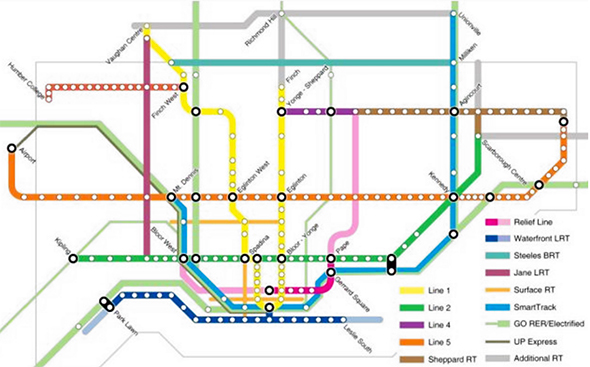muller877
Senior Member
Yes, I get that (and have commented on that in the past) but the increase/return is not always "in line" with the investment. Eg after a year of doubled off peak service on Lakeshore there had been a 25% increase in off peak ridership....still an increase but not exactly in line. At some point the law of diminishing returns kicks in (you would assume) but what is shocking in the LA numbers is not that the increase is not in line with the investment....it is that there is no increase and, in fact, an absolute number decrease.
I post the article not to suggest that we are not going to get increased usage, I believe we will. But that just building (as the article calls them) "shiny new things" is no guarantee that it will solve problems.
I thought the increase was pretty good for Lakeshore West. It is using existing rolling stock so there was very little capital requirements to do this increase. And an increase like this will grow over time...so 25% after this short time frame is pretty good.
When I see the numbers of people after a Jays or Leafs game piling on the Lakeshore West line it shows how effective this strategy is. Also, I have coworkers on this line that use to bolt to get to the train. Now they will stick around for a beer since they know another train will come by quickly.
But it would be interesting to confirm the models that they are using by plugging in old transit expansion to see if the new model would match the old changes (it's a fairly common practise...I'm sure they've done it but would be nice if they shared this historical projection vs actual)





